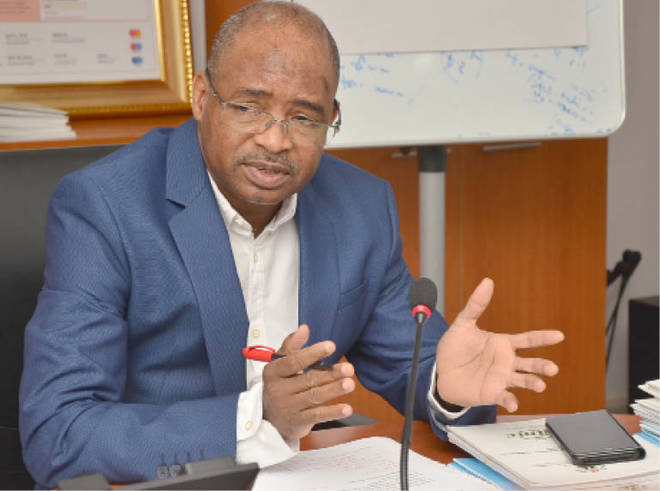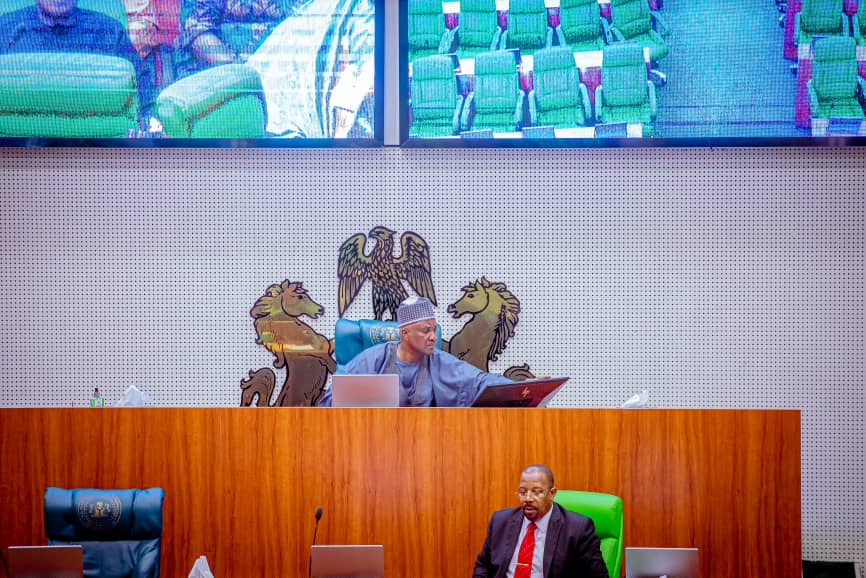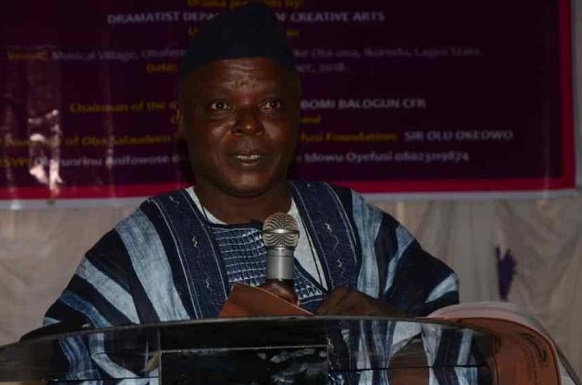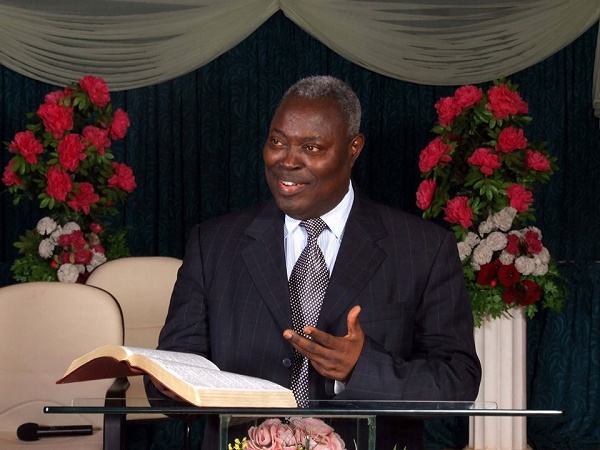Abdulsalami Abubakar, former head of state, says diplomatic interventions to restore constitutional order in Niger Republic will succeed.
Abdulsalami spoke on Tuesday after a meeting with President Bola Tinubu, chairperson of the Economic Community of West African States (ECOWAS).
On Saturday, the former head of state led a delegation which included Muhammad Abubakar, the Sultan of Sokoto, and Omar Touray, ECOWAS commission president, to Niger Republic.
After meeting with deposed President Mohamed Bazoum, Abdulsalami said he would brief Tinubu on the outcome of the discussion.
Advertisement
Speaking with journalists after meeting with Tinubu at the State House, Abdulsalami said the discussion with Niger’s military junta had been very fruitful, expressing hope that positive actions will soon come out of it.
“As you are aware, the ECOWAS Heads of State and Government have made me an envoy to Niger Republic and we were there over the weekend to see the military people and discussed to find a way out of the lacuna we find ourselves,” he said.
“So, that’s why I’m here this afternoon, together with the president of the ECOWAS commission, to give a report back to Mr President on our discussions in Niger.
Advertisement
“I must say that our visit to Niger has been very fruitful and that it has opened an avenue to start talking and hopefully we’ll get somewhere.”
Abdulsalami said the coup leaders had also “made their points” which he has conveyed to the ECOWAS chairperson.
“He will now consult with his colleagues and then the ding-dong starts and we’ll get somewhere hopefully,” he added.
“Hopefully, diplomacy will see the better of this. Nobody wants to go to war, it doesn’t pay anybody, but then again, our leaders have said if all fails and I don’t think all will fail, we’ll get somewhere, we’ll get out of this mess.”
Advertisement
After meeting with Abdulsalami, Abdourahamane Tiani, Niger’s coup leader, had said the country will return to civilian rule within three years.
However, ECOWAS rejected the proposed transition plan, saying it would no longer accept prolonged transition periods in the sub-region.
Add a comment






